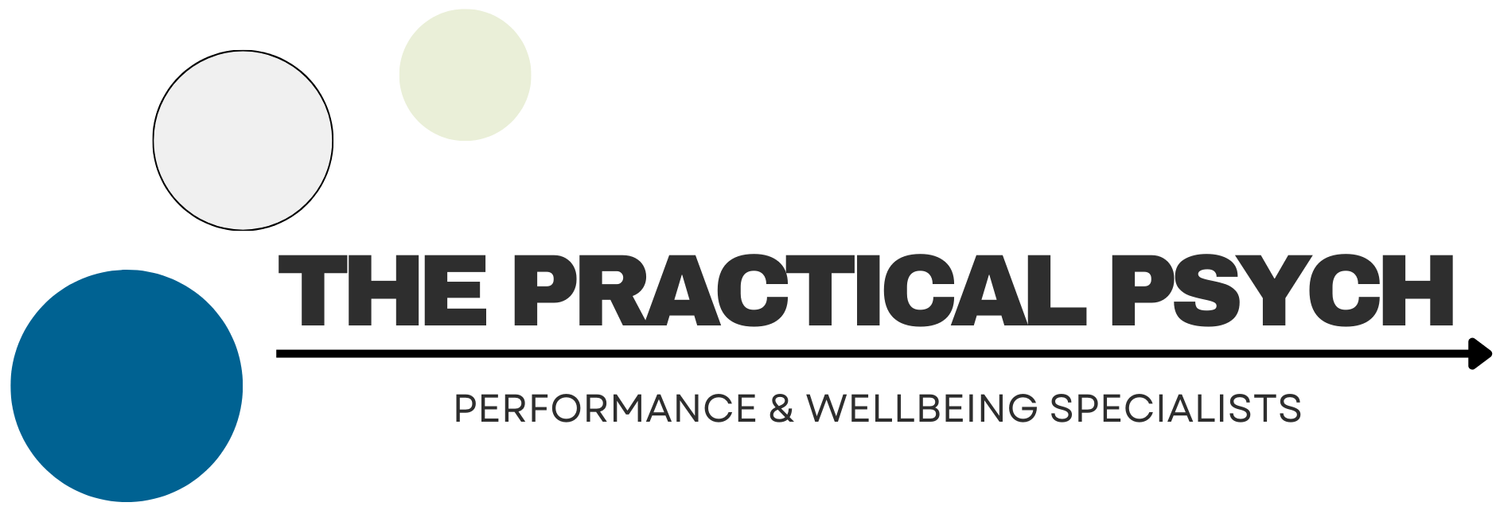Beat Blue Monday And January Blues
Getting On Top of Blue Monday & January Blues
As the holiday season ends, the time for making New Year's resolutions is upon us. However, it can be difficult to stick to those resolutions when you're struggling with the gloomiest month of the year. January Blues have a very serious effect on people, leaving them with low morale and drained energy.
In this article, we’ll discuss multiple ways you can overcome the January Blues and make the most of your new year. But let’s discuss what January Blues are in the first place.
What are January Blues?
January Blues is a common form of temporary sadness that takes over after a big event or occasion. That’s why you might be feeling slightly moody and unmotivated after the festive period of Christmas and New Year. Other symptoms of January Blues include fatigue, irritability, difficulty concentrating, feeling sluggish, etc.
But what causes this sudden dip in emotions? It could be due to cold weather, shorter days, and lack of sunlight, which has a negative effect on people. Promptly returning to work or school after the holiday break can also contribute to feelings of stress.
Ways to Beat January Blues
Just because January Blues are mild and temporary emotions doesn't mean they aren't affecting your mental health. Fight January Blues and boost your mood with these effective tips:
Eat Properly
Your eating patterns play a significant role in managing your mood and energy levels. You’re more likely not to eat well when you’re depressed, sometimes eating too much or too little. This is why it’s important to maintain a balanced diet during this time of year.
Consuming a balanced diet of fresh fruit and vegetables, healthy fats, carbohydrates, and proteins increases your energy levels and prevents any mood swings.
Stay Active
Another great way to improve your mood is by exercising regularly. A simple walk around the neighborhood should be enough to get some fresh air and release endorphins, which are known as chemical mood elevators. Exercise also helps shake off the sluggishness in your body and increase your self-esteem.
You can also invite friends and family to group exercises or team sports. It provides the opportunity for social interactions and builds a steady support system.
Make the Most of Sunlight
Since natural light and daylight hours are limited during winter, it's essential to make the most of it when possible. Sunlight positively affects your mental health, compelling the brain to release serotonin, a happiness hormone. It can also help you sleep better by regulating your internal clock, which affects your daily sleep-wake cycles.
Since natural light is limited during the winter, consider a light therapy treatment as well. This treatment involves a bright lamp that mimics the look and effects of natural lighting.
Listen to Music
Everyone is aware that music has an impactful way of regulating our emotions. Listening to uplifting music can significantly improve your mood, while sad music can lead to an obvious decline. To boost your motivation and feel good, look for songs that have cheery lyrics and upbeat music.
Check For SAD
If your depression and anxiety are especially intense in the winter, then you might actually be dealing with Seasonal Affective Disorder (SAD). Unlike January Blues, SAD is an illness that needs to be clinically handled.
However, the symptoms of SAD are very similar to winter blues. The only difference is that SAD follows a seasonal pattern, lasting about 40% of each year.
Conclusion
Having the January Blues can be an especially tough start to your year. It can be challenging to carry out everyday responsibilities when you’re always tired, irritated, and unmotivated. Thankfully, you can combat low moods in multiple ways, including exercising regularly, listening to upbeat music, sitting in the sun, and eating properly.
We are Coaching & Clinical Psychologists with extensive experience helping people conquer depression and other wellbeing issues. Read more about our work, watch practical skills videos or browse other articles. Get in touch anytime.




